
The Magically Unstructured Life of a Crypto Baller
Top investor Arianna Simpson shares how she gets stuff done
December 12, 2019
Welcome to another issue of superorganizers! We explore how the smartest people in the world organize what they know to do their best work.
If you’re not a subscriber, you can get more interviews like this in your inbox by clicking here.
Arianna Simpson is always working, and she's very happy about it.
I ask her what’s on her plate for today, and she smiles.
"I can't talk much about that," she says. But just in the way she says it, it’s clear Arianna Simpson is a baller.
She leads Autonomous Partners, a crypto focused hedge fund that counts Coinbase CEO Brian Armstrong and high-profile VCs like Union Square Ventures as LPs. Before that she invested in startups at Crystal Towers Ventures, and before that she worked at Facebook and BitGo.
I’ve known Arianna since college, and what’s really interesting to me about her is that she’s different from most superorganizers in one key way: she hates structure.
“I rebel against structure, if it's too rigid. Even if it's self imposed,” she says. She sometimes does errands on Tuesday at 2 pm, and taps out emails on Saturday nights.
How does someone simultaneously run two funds, write a newsletter, host a podcast, and do speaking gigs while also avoiding most structure?
Let’s find out!
In this interview we cover:
° How she keeps herself on track with a paper notebook
° How she schedules anti-procrastination slots to help her power through the tasks she's avoiding
° How she picks one thing a day to focus on
° How she uses Fanastical to quickly schedule calendar events
° How she uses Superhuman to religiously stay at Inbox 0
° How she uses Superhuman snippets to avoid repetitive emails
° How she sets high level goals and lets the details work themselves out
° How she deals with productivity slumps
° How she tracks her reading with GoodReads
Arianna introduces herself
My name is Arianna Simpson. I am an early stage tech and crypto investor. I started my career at a start up called Shoptiques, and then left and traveled around Africa for a while, which is how I discovered Bitcoin. I spent some time in Zimbabwe, and that led me down the hyper inflation and Bitcoin path.
I've been investing full-time for the last four and a half years out of two funds; one is traditional early stage fund, which my business partner and I started about four and a half years ago, and then the second is called Autonomous Partners, and that is a crypto and blockchain fund.
She keeps notes and todos in a paper notebook
I find that for whatever reason I continuously have tried to use various to-do apps and things like that, but the only two things that have actually stuck with any sort of consistency are using my inbox as kind of my to-do list, and using a paper notebook.
Generally, the paper notebook is just kind of what I need to do each day. I borrowed an idea from Sam Altman where he starts fresh with his todo list every day.
So he’ll write the todo list and if something doesn’t get done, he manually rewrites it on his list for the next day. It’s helpful because if something gets moved every day that’s a signal that it either doesn't matter and I should just not do it, or I should just fucking get on with it and actually get to it because I've now rewritten it four times and it’s getting annoying. [ Arianna laughs. ]
And then I have a couple of tools I use to help me get the things done that I’m putting off: procrastination slots, and taking tiny time limited bites.
How she powers through tasks that she’s been putting off
I schedule anti-procrastination slots with friends whenever I have to do something that I know I’m going to be putting off.
That would be something like collecting all of the papers for my accountant for taxes, which I hate doing. I’ll call a friend and say, “Hey, let’s get together for two hours on Sunday and do all the things that neither of us wants to do.”
It’s so good because everybody is dreading doing something, and if you do it together it’s way less shitty. Misery loves company, so I think it's a good way to do it. You end up just getting it done instead of worrying about it.
The other thing that I do is I just say to myself, “Okay, I’m going to do this thing for 10 minutes.” And that gets me to start. And once you’re actually doing it, then you’re like, “Oh, fine I’ll just do it.”
It works in a lot of different contexts. It definitely works in a work context. But it also works for something like running. I’m usually very active and like to exercise, but some days I am just not feeling it. On those mornings, I just tell myself, “Oh, I’ll just run a mile.” Then once I run a mile, I’m like, “Alright well, I’m already out here — I’d better run a few more.”
It’s just kind of tricking yourself into it by dividing the task into super small pieces, and that makes it easier to get started.
How she keeps everything straight working on so many projects at the same time
Honestly, I think I'm naturally pretty good at prioritizing things. For some reason it’s fairly easy for me.
I watch other very smart, very successful friends struggle with it more than I do. Everyone has their challenges, but this isn’t something that I struggle with too much.
I read this book called The One Thing several years ago. It's kind of a dumb book in the sense that it should have been a paragraph. But, it had one key theme, which is basically that every day you should think about what the one thing is that you need to accomplish? And everything else is less important.
Starting with that concept has been helpful for me, because I'm like, “Okay, let's pick the one thing, and then stack rank everything else based on what’s urgent and important.”
On merging work and life
The way I run my life is I'm kind of always working, but also if I need to do something personal at 3:00 PM on a Tuesday, I'll just do it. I’m working on Saturday and Sunday anyway so it feels okay to take an hour out here or there during normal work hours.
My investing career and my life are just kind of one amalgamation, and I love it. I think one of the reasons why I like investing is because it lends itself to that degree of flexibility. I think I have a bit of an obsessive personality type, but I don't like structure that's imposed by other people, particularly if it’s arbitrary
The idea of being totally offline — I don't really know what that means. To me that's actually extremely stressful. I don't want to be off, because I love my job.
How she sets up her calendar
I like Fantastical because it has some similarities in terms of how it works with Superhuman. The killer feature is that I can basically just type an invite out without having to click all over the place.
So, I just do command + N, and I can write, “coffee with Dan Shipper at 3:00 PM on Tuesday at the Assemblage Nomad”
Boom. So, voilà. You see? Rather than having to press buttons. That kind of thing is really ideal for me. And then you can also add in reminders.
I actively try not to keep my calendar super booked, because I don't know what's going to be important too far out. And I think it's actually really easy as an investor to get super, over scheduled.
She uses the maker / manager schedule to give herself large blocks of time
I try to spend a lot of time reading, and thinking about things, and I need large blocks of time to do that. Paul Graham has this concept of the maker vs. manager schedule which I think is really helpful.
I think it's very easy as an investor to get suckered into the manager schedule. But it's important to actually make sure that you have at least some days a week where you have more of a maker schedule.
And so, I often will have no meetings on Fridays, or no meetings on Monday, or something like that. It helps me make room for the important work that doesn’t feel urgent. All of the interpersonal meetings tend to be urgent, but many of them are less important.
For a long time I had an actual hold on my calendar for days like this. Now I don't, because it's kind of gotten ingrained in my head.
How she religiously stays close to Inbox 0
Email is my favorite. I would say I'm actually quite good at email, if I do say so myself. I use Superhuman for my email.
I am religious about keeping under 30 emails in my inbox. Ideally it’s between five and 10 emails usually.
I never reach a point where my inbox is overflowing because I triage pretty effectively. Either things get dealt with immediately or they get snoozed to a time when I can actually deal with them. And I think a good chunk of my day is spent in my inbox.
I really love Superhuman for getting through my emails. Their keyboard shortcuts and snippets make me super efficient.
She uses snippets to avoid typing repetitive emails
I use snippets in Superhuman for anything that I have to type out a lot. As an investor I get a lot of, “What is your address?”, or when I speak I get asked for my bio and a headshot. So I have a snippet that just attaches that rather than me having to find everything and type it out every time.
I also have one requesting a double opt-in intro.
It’s a bit sad that that has to exist. But, as an investor, you get a lot of intros and you’ll sometimes get a non double opt-in one. And of course I always want to be nice, but I prefer to be asked before meeting someone.
So Superhuman helps me avoid a lot of repetitive work.
She uses a newsletters split to keep all of her reading in one place
I have a split in Superhuman that collects all of the newsletters that I’m subscribed to.
I’d say I’m signed up for maybe five or six high quality newsletters that I read every day. My favorite one in the world is Money Stuff by Matt Levine. He’s so hilarious. I adore him. I read that every day, and it never piles up because I literally can't wait to read it.
But, I have a number of others that are crypto specific typically, which often have a lot of links to other things to read. Sometimes it can be a little overwhelming with how much stuff there is out there.
I have this panic mode where I'm like, “Oh my gosh, there are all these books, and articles and things, and I will never be able to read them all.”
So, my approach to that is to say to myself, “Some percentage is better than no percentage.” So I try to read what I can, when I can. And it doesn’t bother me as much.
How she sets goals
It's funny, because I feel like I set goals, and then I kind of ignore them.
I've tried to be super specific about goal setting and it doesn’t really work. I find that the kind of personality I have is a bit rebellious, I guess. I rebel against structure, if it's too rigid. Even if it's self imposed.
So, I've tried, in the past, to be like, “I'm going to do all of these 97 goals”, and then very quickly I'm like, “No I'm not.”
So I've just kind of realized that I know what the core things that I care about are, and I just kind of naturally gravitate towards working on those. And I would say that has worked pretty well.
Other people are different. I have a friend who made a list at one point in a shared document we had called “Empire Building.” And he put down a list of literally all the things he wanted to allocate money towards. He was like, “$5,000 for taking my mom to this vacation,” and all these other things. And that worked for him, because he's a super detail oriented kind of guy. And he's crushing it, so it's worked out great.
But for me, it's better to say, “I want to start a fund, and I want it to be successful in these ways.” And then if that works out, then I can allocate the money to whatever it is that comes after.
So, some people I think are just better at kind of managing the micro pieces. For me, I tend to be more big picture.
She uses GoodReads to track her reading
One thing I do track in terms of goals is reading. I really like the GoodReads Reading Challenge. Basically you set a goal for the number of books you want to read, and then you track it in GoodReads over the course of the year.
I set a goal of 52 for the year, and right now I’m on 43. I’ll read a ton over the holidays, so I’m going to make it to my goal. When I’m off work I can just plow through a book a day.
I read very broadly across categories, and genres. I like financial history quite a bit, so a lot of my new reads are in that camp. But, it's super broad.
And I track everything in GoodReads. It’s such a travesty, really, that their app is so bad. It’s barely passable. But I still use it.
How she experiences her productivity levels as a sine curve
I do sometimes go through these slumps in productivity.
I have days where I am not very productive, and I am like, “Oh my god, am I useless? What is wrong with me? Am I depressed?” I just can't get it together.
I have other days where I'm like, “Oh my goodness, if I could be this productive every day it would be insane.”
And so, you get these kind of sine curves in terms of productivity as a result of that.
My sense is that it's actually probably not uncommon for people, especially people who are doing something new. Creative energy is not consistent.
The time period when I felt this the most was when I was building something new, starting the fund. There's such an emotional output that you have to put out every day.
It's not just like, “Do this work.” It's like, “Come up with what the work should be.” I find that to be very taxing.
When I have an off day, I don't get as distressed about it because I'm like, “It'll be fine, it'll probably be okay by tomorrow or Monday at the latest.” But I also try to do things that are really easy.
So, on a day like that, if I have any sort of menial task I’ll just do that.
That has a double effect: it helps me not make any sort of low productivity time a complete wash, and it makes me feel like I accomplished something, which I think helps me get back on track.
She exercises in the morning to keep herself as productive as possible
I think so much of this stuff, to be honest, has to do with my diet and exercise. Just making sure that I'm being good about that.
Not drinking, and making sure that I exercise first thing in the morning. That has a big effect in terms of helping me kind of reset in terms of optimizing productivity.
I’ve noticed that I'm much more likely to actually exercise if I do it in the morning. If you're an extrovert — which I very much am— it's so easy to get suckered into happy hours, or dinners, or drinks, or whatever. I have consistently failed to exercise between 5:30 and 8:00 PM. 0% of the time does that work for me.
And so, now I just don't delude myself anymore into thinking I’ll do it. I know it’s either happening first thing in the morning or it's not. That's a big part of it.
I am also a big fan of accountability. Barry's Bootcamp is great/awful in that if you don't show up they charge you $21, which is in addition to the absurd amount, like $30-35, whatever it is, that you paid for the class. And it's like a slap in the face. You really want to avoid it. I think that actually works well.
Book recommendation: The Little Prince
I actually think The Little Prince is totally underrated.
It's one of those books that every time you read it you'll get something different, and the things that stand out to you are going to vary at different points in time.
I think that’s the sign of a good book.
Thanks for reading! superorganizers is growing really quickly and we’re looking for new ways to help out the community. One thing we’ve been thinking about is listing jobs at the bottom of our emails to help match our readers with opportunities they’re excited about.
Do you have a job that you want to appear in this slot? Reply to this email, and let’s chat.
Find Out What
Comes Next in Tech.
Start your free trial.
New ideas to help you build the future—in your inbox, every day. Trusted by over 75,000 readers.
SubscribeAlready have an account? Sign in
What's included?
-
Unlimited access to our daily essays by Dan Shipper, Evan Armstrong, and a roster of the best tech writers on the internet
-
Full access to an archive of hundreds of in-depth articles
-
-
Priority access and subscriber-only discounts to courses, events, and more
-
Ad-free experience
-
Access to our Discord community

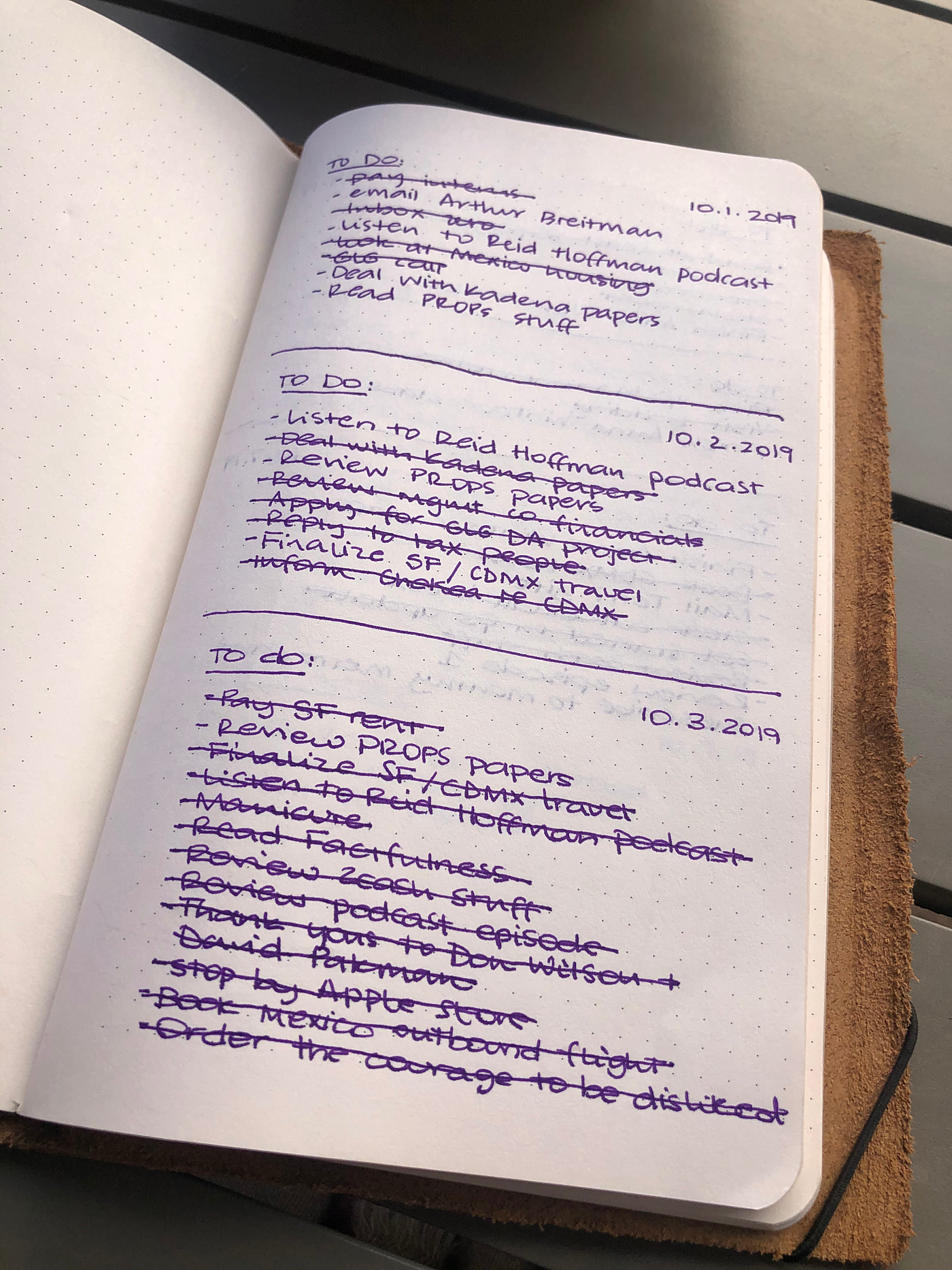
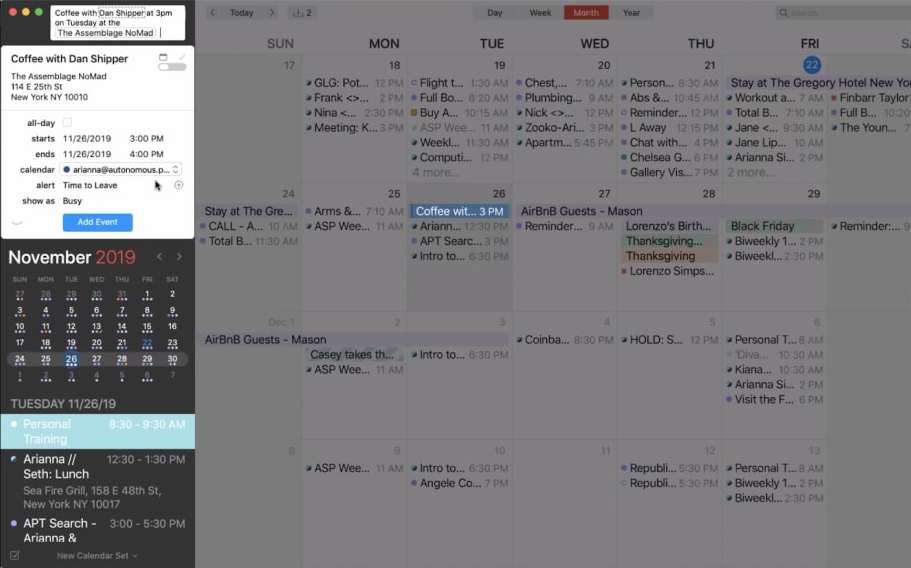
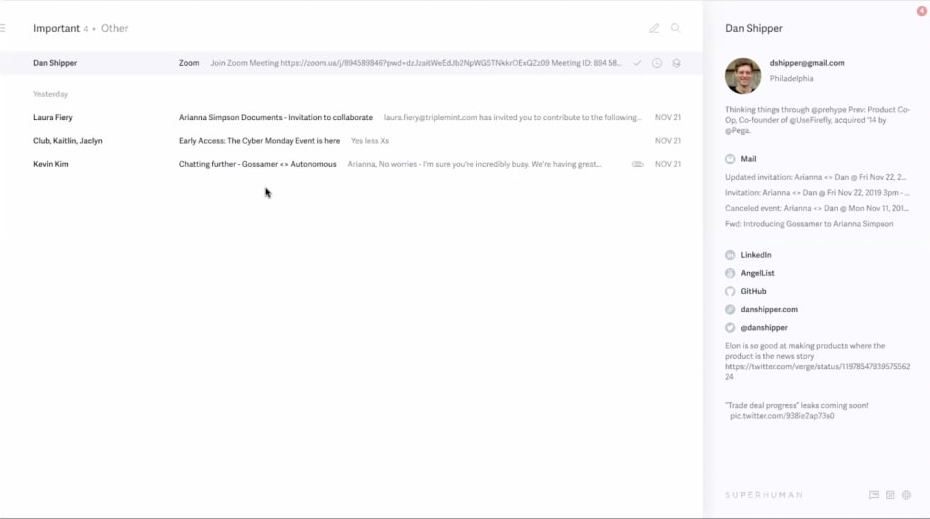
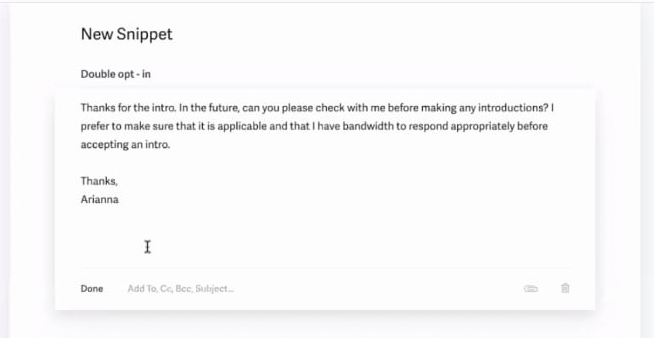
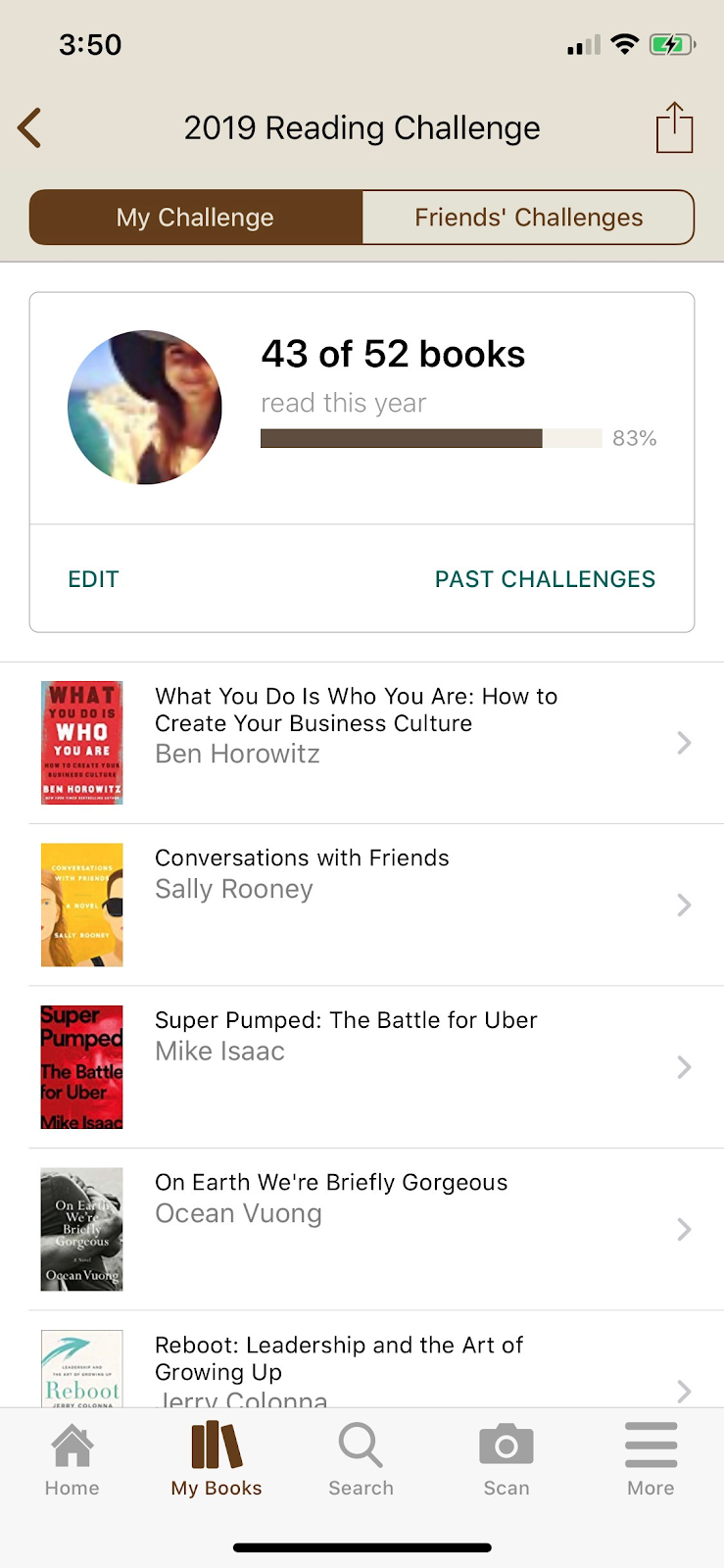
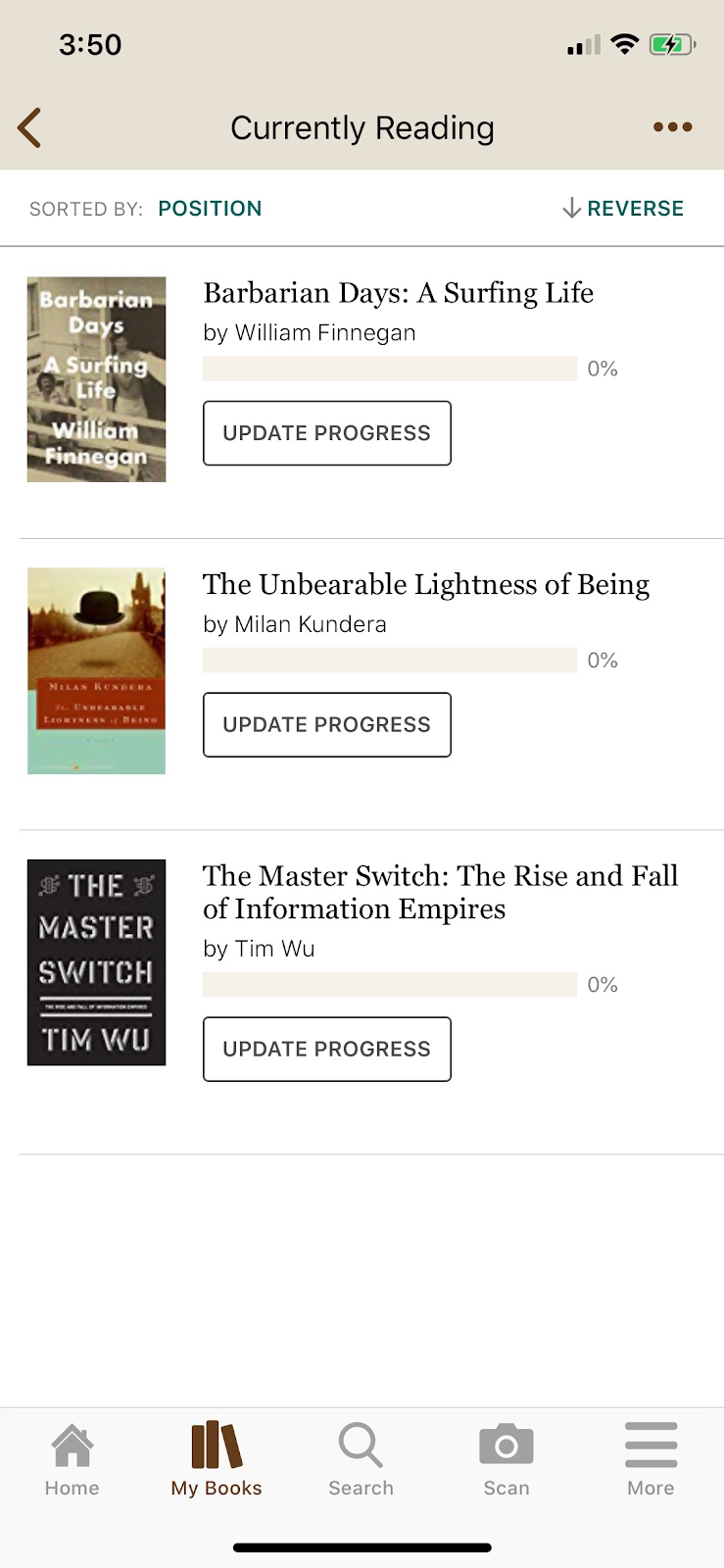
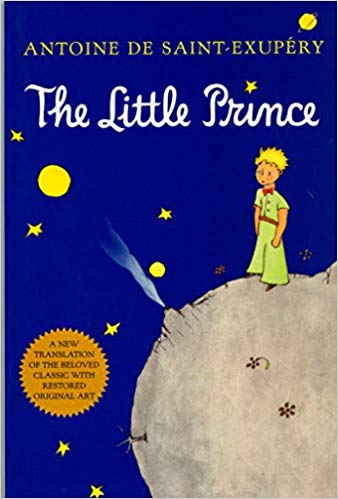



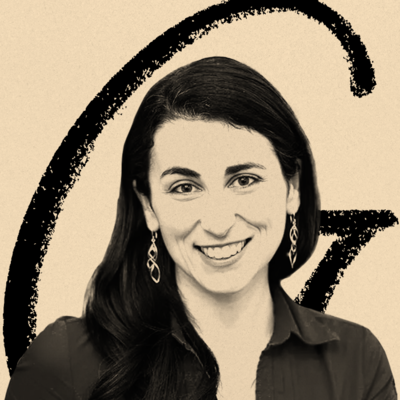
Comments
Don't have an account? Sign up!